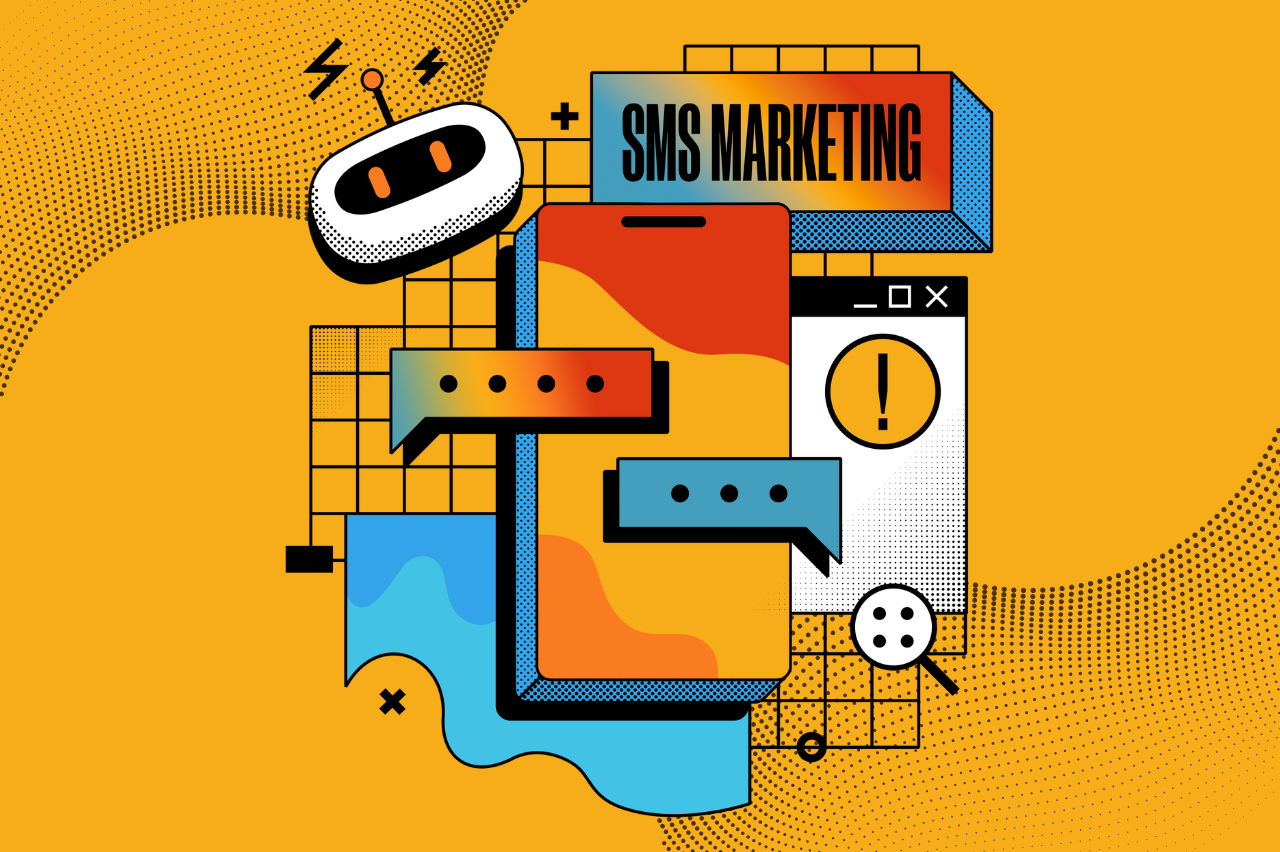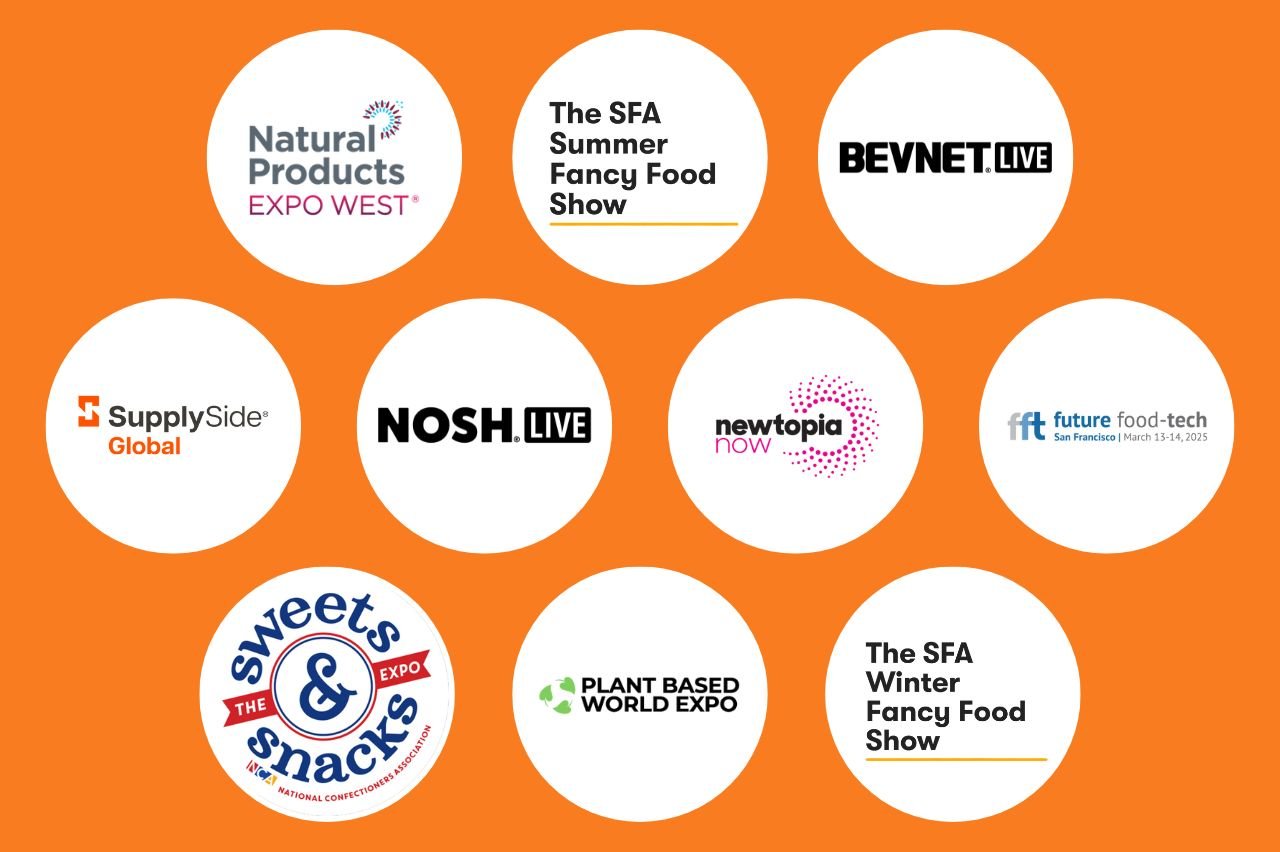Maximizing SMS Marketing ROI for CPG Food & Beverage Brands: A Comprehensive Guide

Text your way to increased sales
SMS marketing has emerged as a powerful tool for food and beverage brands looking to connect directly with their customers.
So powerful that it can no longer be ignored.
But how can you ensure you’re getting the maximum return on investment (ROI) from your SMS marketing efforts?
This comprehensive guide will break down everything you need to know about SMS marketing ROI and how to make your text message marketing strategy work harder for your brand.
Understanding SMS Marketing ROI: The Basics
What Makes SMS Marketing ROI So Compelling?
SMS marketing stands out from other digital marketing channels with its impressive potential for return on investment. Unlike email marketing, which often gets lost in crowded inboxes, text messages boast:
- Near-perfect open rates (98% compared to email’s 20%)
- Immediate delivery and consumption
- Higher engagement rates
- Lower cost per message compared to traditional advertising
Calculating SMS Marketing ROI: The Formula
Let’s get nerdy for a second.
To determine your SMS marketing ROI, use this straightforward formula:
SMS Marketing ROI = [(Revenue Generated from SMS Campaign – Cost of SMS Campaign) ÷ Cost of SMS Campaign] × 100
Example Calculation:
- SMS Campaign Cost: $500
- Revenue Generated: $5,000
- ROI = [($5,000 – $500) ÷ $500] × 100 = 900% ROI
What’s a Good SMS Marketing ROI?
While results vary, food and beverage brands typically see:
- Average SMS marketing ROI: 400-1000%
- Conversion rates: 15-25%
- Average return per message: $5-$10
Strategies to Boost Your SMS Marketing ROI
1. Segment Your Audience
Not all customers are the same. Use your SMS marketing platform to:
- Create targeted message groups
- Personalize content based on purchase history
- Send location-specific promotions
2. Craft Compelling, Concise Messages
- Keep messages under 160 characters
- Include clear call-to-actions
- Offer immediate value (discounts, exclusive offers)
- Ensure that every text provides value
3. Time Your Messages Strategically
- Send messages during peak engagement times
- Avoid early mornings and late nights
- Consider customer time zones
4. Leverage Automation
Use SMS marketing platforms that offer:
- Automated welcome series
- Abandoned cart reminders
- Post-purchase follow-ups
5. Integrate with Other Marketing Channels
Combine SMS with:
- Email marketing
- Social media campaigns
- Loyalty programs
6. Track and Analyze Performance
- Monitor delivery rates
- Track click-through rates
- A/B test message variations
- Continuously refine your strategy
Common SMS Marketing Challenges and Solutions
Challenge: Message Fatigue
Solution: Limit messages to 2-4 per month and always provide value. Don’t just inform recipients of new products and sales. They’ll tune out.
Challenge: Opt-Outs
Solution: Make opting out easy and respect customer preferences. This isn’t just a great strategy to avoid the wrath of consumers – it’s the law.
Challenge: Compliance
Solution: Always follow TCPA guidelines and obtain explicit consent. This is a time-consuming but worthy endeavor.
The Future of SMS Marketing for CPG Brands
As mobile usage continues to grow, SMS marketing will become increasingly crucial. Brands that master personalization, timing, and value will see exponential growth in their SMS marketing ROI.
Remember: SMS is no different than social media content in that the primary objective is to provide VALUE.
Ready to Elevate Your SMS Marketing Strategy?
Our SMS marketing experts can help you develop a strategy that drives real results. Learn more about our services or contact us to start maximizing your marketing ROI today.
Bonus Tip: The most successful SMS marketing campaigns focus on creating genuine value for the customer, not just pushing sales.
Frequently Asked Questions
Q: How much does SMS marketing cost? A: Costs vary but typically range from $0.01 to $0.05 per message, making it a cost-effective marketing channel.
Q: Is SMS marketing effective for small brands? A: Absolutely! SMS marketing offers scalable solutions for brands of all sizes.
Related Resources:


